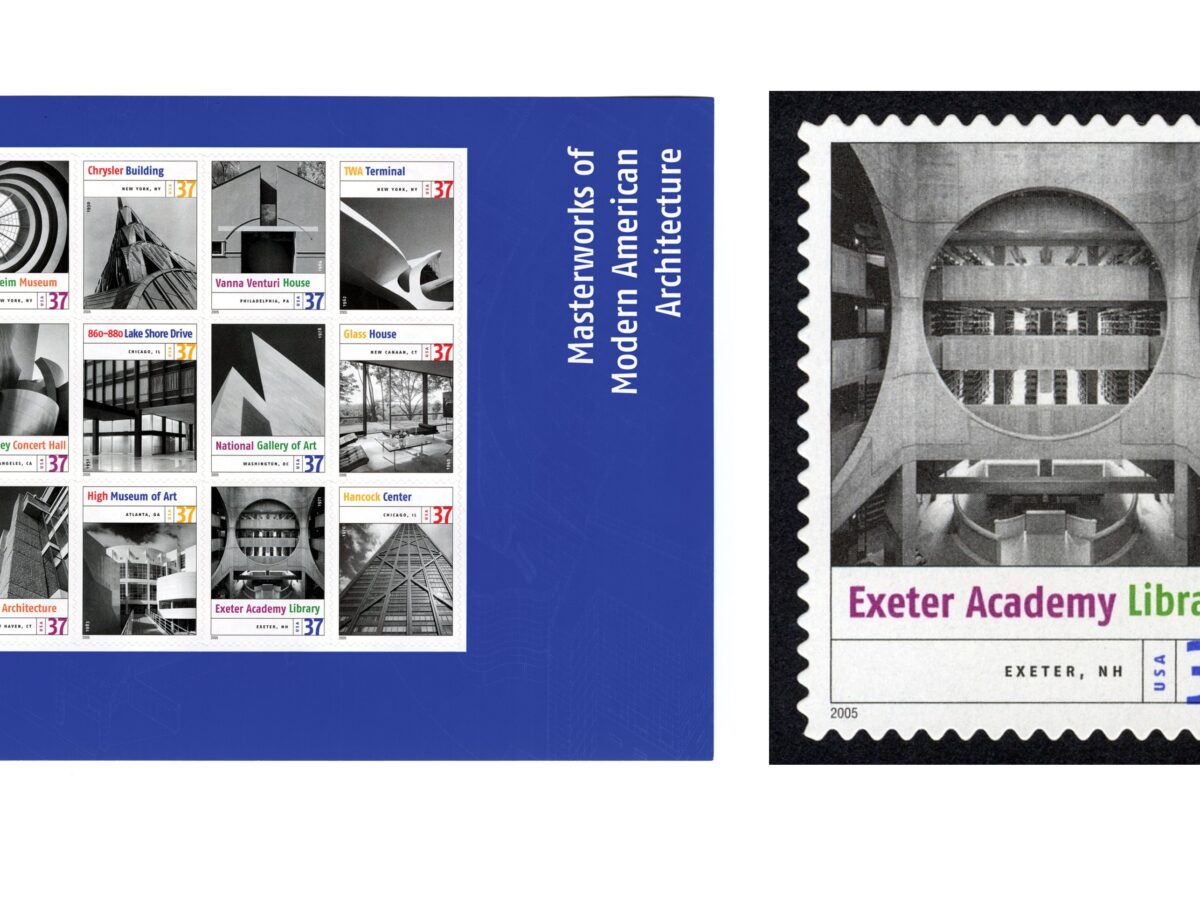Big Red is born
 So, how did Exeter come to be Big Red? That first baseball game against Andover set the style. From The Exonian: “The uniform of the school nine consists of the following: knee-breeches, sweat-shirt, square cut blouse, of white flannel trimmed with cardinal red, cardinal red stockings and a white flannel cap.” The PEA football team also wore red that fall, with The Exonian noting, “This bright color and the color of the Andover suits will make a very pretty contrast.” The rest is history.
So, how did Exeter come to be Big Red? That first baseball game against Andover set the style. From The Exonian: “The uniform of the school nine consists of the following: knee-breeches, sweat-shirt, square cut blouse, of white flannel trimmed with cardinal red, cardinal red stockings and a white flannel cap.” The PEA football team also wore red that fall, with The Exonian noting, “This bright color and the color of the Andover suits will make a very pretty contrast.” The rest is history.Reversal of fortunes
Bittersweet victory

One for the ages
A kick in the grass

The comeback
You lose some …

… and you win some
Not this time
Better late …
“Exeter Beats Andover 20-20”

Fit to be tied
Editor’s note: This article first appeared in the fall 2019 issue of The Exeter Bulletin.






 As a first-generation Mexican American, Janessa Vargas ’22 has always been aware of how pervasive questions around immigration status can be in families and communities like her own. While at home in New Jersey near the outset of the COVID-19 pandemic, she started working with Make the Road, a nonprofit organization that focuses on empowering working-class and immigrant communities. Building on that experience, Vargas dove deep into researching U.S. immigration policy this summer through a fellowship with the National Advocacy Institute at the American Civil Liberties Union (ACLU).
As a first-generation Mexican American, Janessa Vargas ’22 has always been aware of how pervasive questions around immigration status can be in families and communities like her own. While at home in New Jersey near the outset of the COVID-19 pandemic, she started working with Make the Road, a nonprofit organization that focuses on empowering working-class and immigrant communities. Building on that experience, Vargas dove deep into researching U.S. immigration policy this summer through a fellowship with the National Advocacy Institute at the American Civil Liberties Union (ACLU).


 They often wrote of academics as well. The letters include a “Report of Proficiency, Faithfulness and Attendance of F. R. Lacy of the Upper Middle Class for the Term ending June 21, 1898,” which, I believe, gives a full listing of the curriculum of the time: Latin, Authors and Composition; Greek, Authors and Composition; Mathematics; French; German; Physics; Chemistry; History, Ancient and Modern; English, Authors and Composition; Declamation; Mechanical Drawing; and Physical Training. In the ancient languages and English, separate grades were given on “Authors” (reading) and “Composition,” which in the case of the ancient languages I take to mean the ability to translate English into good classical Latin or Greek. Declamation consisted of memorizing a set piece and declaiming it before an audience including a faculty judge.
They often wrote of academics as well. The letters include a “Report of Proficiency, Faithfulness and Attendance of F. R. Lacy of the Upper Middle Class for the Term ending June 21, 1898,” which, I believe, gives a full listing of the curriculum of the time: Latin, Authors and Composition; Greek, Authors and Composition; Mathematics; French; German; Physics; Chemistry; History, Ancient and Modern; English, Authors and Composition; Declamation; Mechanical Drawing; and Physical Training. In the ancient languages and English, separate grades were given on “Authors” (reading) and “Composition,” which in the case of the ancient languages I take to mean the ability to translate English into good classical Latin or Greek. Declamation consisted of memorizing a set piece and declaiming it before an audience including a faculty judge.